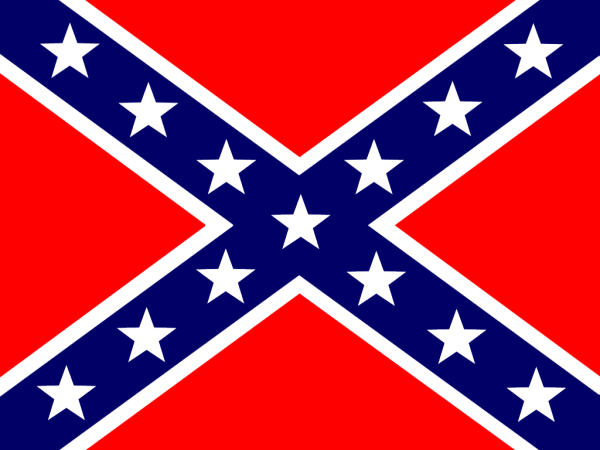The whole world must fight the American Civil War now
We are taught in every primary school that the (American) Civil War was fought to preserve or obliterate slavery.
The truth is more nuanced. The Civil War was fought over States’ Rights, with a touchstone issue of slavery.
In the same way, World War I was fought over the imperial designs on Europe by several parties, with a touchstone issue of the assassination of Archduke Ferdinand and the implications for local territorial disputes.
The incident that brought the United States into WWII was Pearl Harbor, not The Holocaust or Unit 731, but this touchstone event was the culmination of many years of friction over whose imperial designs would prevail over the world.
And in America, the tensions behind the Civil War went back to the inception of the nation and before, when it was a loosely integrated network of English colonies.
And this question, in turn, is the same question of empire: who rules us? And who rules them? And how much control can we have locally?
The problem is that there’s a certain efficiency to uniformity. Like economies of scale, it’s rather undeniable. If all the merchants in an area use the same measurements, currency and hours of business, the system will be more efficient and thus will be more utilized.
This is related to the question of why people form governments in the first place. Standardization and protection by rule of law encourage commerce, socialization and further development.
In tension with this is the fact that standardization chases a lowest common denominator. When commerce and institutions dominate over culture and the need for an individual to self-define, we get zombie-robots like the people we have now.
This is a civilization design issue, but it’s also a moral issue. Individualism does not make the individual; rather, resistance to individualism does. We only know ourselves when we are forced to define ourselves by acting in situations that are frequently ambiguous and dangerous or terrifying. Morality is that which affirms an external reality, the importance of consequences in it, and the importance of us making those moral decisions that define us and set us on a path either to evolution/good or confusion/evil.
And in that we find the essence of the American Civil War. One side, an agrarian and moral culture, wanted to preserve independence from the hive-mind of standardized culture. The other wanted greater efficiency and uniformity, sometimes called “equality.” It’s not surprising that the Union won, since they possessed industrial dominance and were undisturbed by expending the lives of hundreds of thousands in ill-planned but relentless assaults.
But the whole world fights this Civil War yet again. The United States has raised a white flag on being a superpower. It seems that being an empire is tiring if you’d rather just be passive, force everyone to get along, buy them off with subsidies and a welfare state, and focus on the easy money from lazy corporate/government jobs. The problem with this is that our money is only worth as much as we produce, and backing down from the moral challenge of life turns us into first lazy bums, second parasites, third criminals, and fourth, something akin to a Bonobo or very primitive society that thrives on kleptocracy, bribes, promiscuity, corruption and filth.
Now instead of a few dozen independent states ruled over by a federal government, we have a world federal empire created by globalism — the irresistible economic efficiencies of standardization, international trade and lowest-common-denominator social practices that are equal parts fast food and socialist welfare state — in which each individual nation-state tries to resist. As the term “nation-state” implies, we are vassals of something larger. Many thought it was the American empire. It turns out that it is the idea of empire itself. We’re all Confederates now.
Tags: confederacy, fast food, Globalism, liberalism, racism, slavery, socialism










